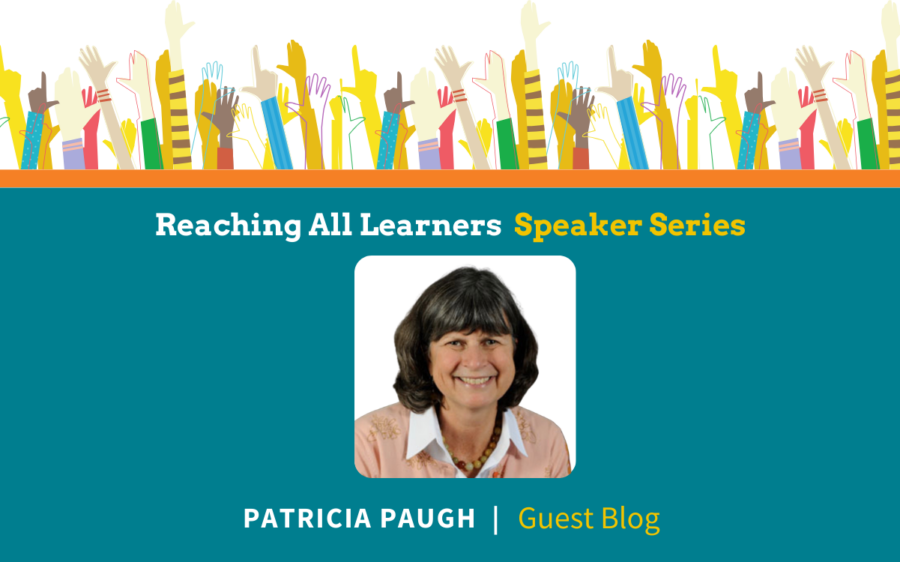Now is the moment for all school leaders- principals, central office administrators, instructional coaches, and teacher leaders to step forward and harness the expertise of all the educators on their school team to innovate, get on the same page in terms of their values and beliefs about literacy teaching and learning, and assure that today’s schools educate every child for their future.
Schools for the Future
Far too many children in today’s educational system are not successfully literate and are denied a future of health, happiness, and productivity. The discouraging statistics of systemic failure have not shifted for decades and the challenges have been amplified by the pandemic. A look inside many schools reveals elements of the past built on traditional notions of industrialization. They don’t look like dynamic places that focus on educating children for their future as global citizens in a digital world, one that requires students to be curious, have agency and demonstrate strong skills of collaboration, communication, analysis and critique.

Simple Solution or Systemic Improvement
Educators have often chased simple solutions to complex issues. There will be no single quick solution to the serious failure of our schools to assure children their human right of literacy. It will take much more than simple notions such as more phonics or another set of new standards or better books or three more days of professional development to change the constellation of factors that operate in the educational system and contribute to children’s literacy pathways. Improvement in literacy outcomes will require improvements to 12 key elements of the system for educating the children in the school (Fountas and Pinnell, 2022) to assure they influence and support each other in service of the children’s successful literacy outcomes.
Collective Efficacy
A culture of teamwork in schools enables all teachers to benefit from the expertise of each other and achieve far greater results than any one person could achieve alone. Today’s schools cannot succeed with a culture of teachers in silos or cliques that jockey for their own interests; all the educators in the school own the responsibility of the success of every child. When the educators in a school work together as one team on behalf of all children, and operate with a common vision and set of values, they form a strong foundation on which to make decisions that will lead to small steps of improvement- week to week, month to month, and year to year. All members of the team work in the same direction to create coherence for teaching and learning.
Multidimensional Professional Learning
Deepen the expertise of the teachers by reconsidering traditional models of professional learning. One essential element of improvement that has been evident in every study of factors related to improvement in student outcomes is the expertise of the educators. Reimagine your school with a variety of opportunities for continuous collaboration and learning by teachers. Your comprehensive design might include elements such as coaching, learning walks, teacher mentors, book study groups, school visits, short virtual meetups or huddles on specific topics, or a series of bite size professional learning sessions.
Your Professional Learning Stance
Your role as lead learner will go a long way in creating a culture of professional growth in your school. Are you interested in learning about the 12 elements of systemic improvement and taking with you a variety of specific tools that you and your team can use to take small steps to school improvement?
Get a Sneak Peek!

Put together a team from your school and/or district and join Cindy Downend and me in-person or virtually for an inspirational seminar that will address the 12 elements of systemic improvement described in the new professional book – Leading for Literacy; What Every School Leader Needs to Know. You will receive many practical resources for your learning and a copy of the new book as part of your registration.
The professional book Leading for Literacy is expected for the second part of the seminar in March, though the content will be addressed throughout the seminar.





